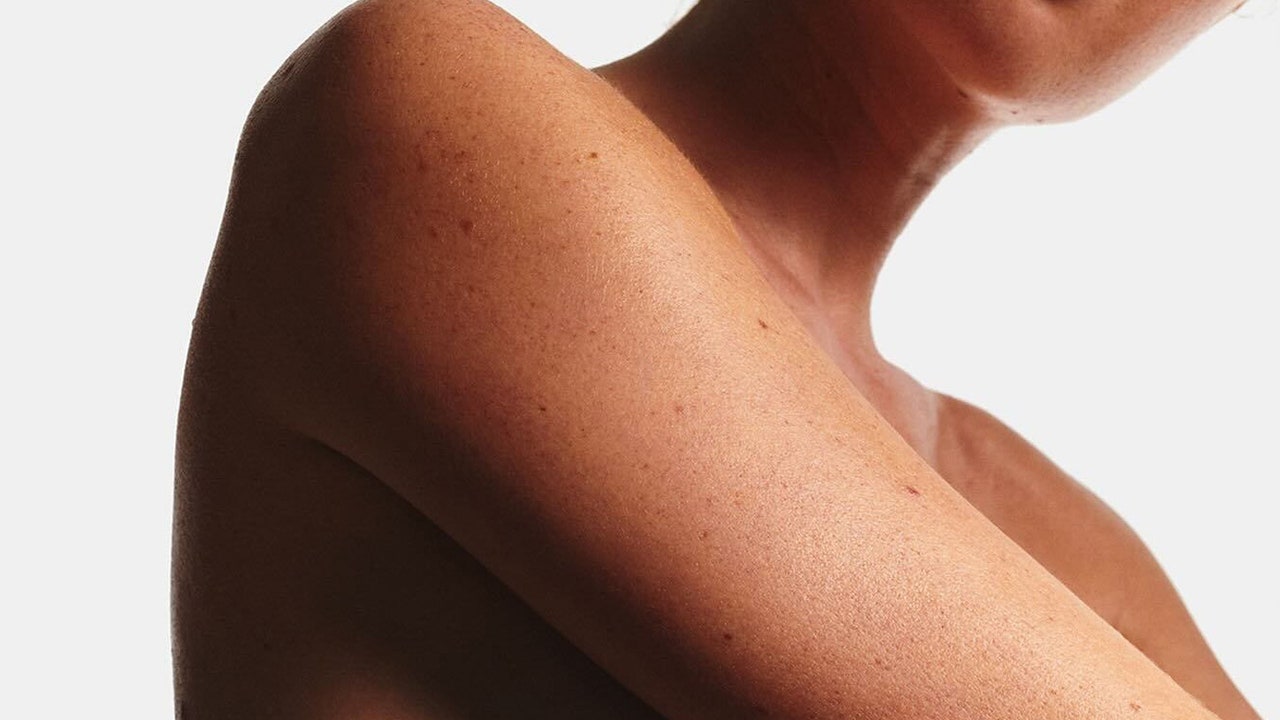Hydrating ingredients
Dr. Arora recommends seeking out hydrating ingredients, especially if you want it to do double-duty to nourish skin. Hyaluronic acid or ceramides can help counteract potential dryness, while “formulations that incorporate soothing agents such as aloe or chamomile can help calm the skin and minimize irritation,” he says.
A bonus of hydrating ingredients is that their effects tend to be immediate, whereas retinol can take a few weeks to reveal results, depending on the concentration and your frequency of application. “Adding hydration to the skin will also help smooth superficial fine lines by plumping the skin and evening out shallow lines,” says Dr. Hartman.
Occlusive ingredients
Next, consider occlusives. “Once you’ve added hydration to the skin, you want to make sure you are using an occlusive ingredient, like a mineral oil, to ‘seal’ the top layer of skin and help reduce water loss,” he says. “It will also help protect and restore the skin barrier, which ultimately leads to healthier skin.” You may need to find this in a separate formula, however, in which case a two-pronged body-care routine might be necessary.
Product texture
The texture is primarily a matter of your own personal preference. Some might prefer a serum-like formulation that sinks into skin quickly, allowing you to get dressed or follow with a layer of body cream. Others might like the streamlined approach of a retinol-infused body lotion, which doubles as your moisturizer.
Retinol concentration
The right concentration depends on your skin’s tolerance, the type of retinoid, and whether you’ve used a retinol before. A lower concentration (below 0.5%) may be a good idea for beginners. “Higher concentrations might be too intense for larger body areas, so starting with a lower concentration is often recommended,” says Dr. Arora. Once you’re comfortable using it, you can work your way up to a higher concentration.
